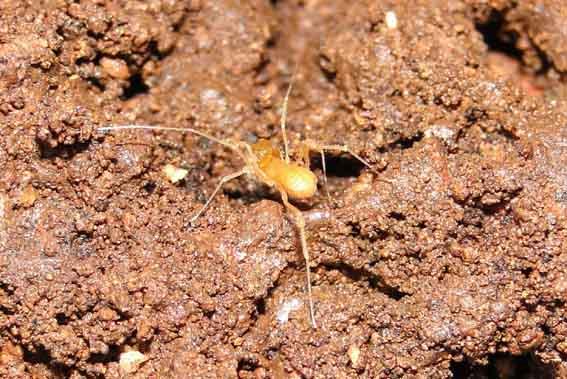Aylin Alegre Barroso
Other projects
23 Jul 2009
Research and Environmental Education for Caves’ Conservation of the Protected Area Majayara
19 May 2011
Cave and Karst Fauna Conservation in the Protected Area Yara-Majayara, Baracoa, Cuba. Strengthening of Research and Environmental Education
Karst is environmentally sensitive, provides important resources and supports one of the world’s most diverse, rare and endemic flora and fauna. In the present project we propose a careful management of the karst with a conscientious participation of local people in the protected area Yara-Majayara. The aims are to enhance the production of compost to decrease bat guano use; to diminish the contamination of karst in the area; to promote researches about ecological pesticides and agricultural well practices; to continue providing knowledge about karst fauna as well as to support communitarian environmental education and capacities for farmers and area technicians.

Karst is extremely fragile by its own nature, markedly dependent on hydrological cycle, vegetation, soil and climatic variables. Superficial actions over karst and direct actions into caves, affect karst system as a whole. With this vision in mind, the project will lead with the vegetation burning, use of pesticides; discharge of human excretes directly into the ground, plunder of bat guano and perturbations into caves. The integral management of the karst and the introduction of ecological solutions will permit to reach the ecological sustainability in the protected area in the nearest future. Actions like dam water from a spring and transport it near the farmer properties will help in the production of compost in large scale and to reduce the use of bat guano as fertilizer. Providing enclosures for livestock in the farms will help to obtain animal excretes for compost and biogas production, at the same time it will diminish the practice of let livestock free in the forest that provokes damages to the wild flora and fauna. The construction of ecological bathrooms in the area will moderate the discharge of human excretes in the ground and their further consequences to the environment and the human health.
We will propitiate knowledge on ecological pesticides and agricultural well practices, which will be supported by basic research in the own area involving farmer and technicians. A workshop will propitiate them the skills to get field data, to reflect in the results and make decisions. A handbook for ecological pest management and well practices in the agriculture, with a guide of common pests of the crops and their predators will support this activity. Meantime we will continue leading fauna invertebrate inventories and monitoring cave fauna as well as environmental education that will guarantee the actions’ understanding and their long lasting effect after project.